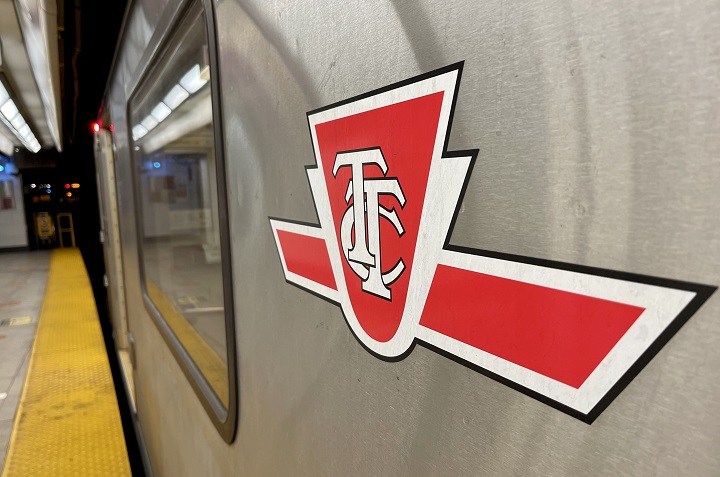Laws won’t let us give moose, deer to food banks: Newfoundland hunters
Posted October 16, 2018 10:58 am.
Last Updated October 16, 2018 11:40 am.
This article is more than 5 years old.
ST. JOHN’S, N.L. – A hunters’ group hopes to help feed the hungry by donating moose and other game meat to food banks in Newfoundland and Labrador, but they say the province won’t allow it.
Barry Fordham of the Newfoundland Association of Hunters and Anglers first heard about a Hunters Feeding the Hungry program in the U.S., and was excited to learn of a similar initiative in Nova Scotia that began in 2006.
Fordham was eager to start a program to bring healthy protein to people accessing food banks — of whom there were more than 26,000 in the province in 2016, according to a report from Food Banks Canada.
But Fordham said he’s found it challenging to get the Hunters Feeding the Hungry program off the ground in Newfoundland and Labrador due to a restriction in legislation that says raw, wild meat cannot be gifted through a third party.
“Food banks have products that are canned and boxed … food banks lack protein enriched, nourishment food. That’s what game meat gives,” Fordham said.
“A lot of these people who are using the food bank may not have the necessary resources to procure this type of food.”
In Nova Scotia, the Hunters Helping the Hungry initiative requires hunters to bring a moose or deer carcass to a participating meat cutter. Feed Nova Scotia then distributes the meat to one of the province’s food banks.
The program saw 1,066 kilograms of meat donated in 2017, according to Feed Nova Scotia.
Similar programs have been used to stock Saskatchewan food banks.
Newfoundland and Labrador’s fisheries and land resources minister, Gerry Byrne, said a main concern is liability related to wild meat that may be unsafe to eat.
Another issue is lack of access to freezers that would safely store large quantities of moose meat.
Byrne, who has met in the past with Fordham about the program, said he’d be happy to consider the idea if approached by food bank facilitators, but said his department has not yet heard from food banks expressing an interest.
The minister also said there are a number of ways for hunters to donate meat to charity.
Charitable organizations like a food bank could apply for a hunting licence and select a licensed hunter to provide meat, or a hunter could provide a letter indicating the moose meat is a gift to an individual or group.
Byrne also said the food bank could connect hunters with clients directly in order to gift the meat, or the food bank could apply for a food establishment licence and prepare the meat on site.
While he hasn’t directly studied the programs in other provinces, Byrne said given the amount of game meat donated in Nova Scotia, he thinks the ability of food banks in the province to apply for a moose licence would enable the same kind of service to take place in Newfoundland and Labrador.
“We actually already have rules in place to have a comparable program, as I understand it, to Nova Scotia,” Byrne said.
Fordham considers the idea of matching interested people with hunters an “insensitive” option that would reveal the food bank client’s identity, and said he thought the minister’s other suggestions would mean too much effort on the part of often short-staffed charitable organizations.
Fordham said he anticipates the program would take some getting used to before it grows to the size of Nova Scotia’s, which has been running for over a decade, but he said he’s spoken to hunters who would be interested in participating.
“We have received positive feedback from the hunting community,” said Fordham, adding he hopes the program will allow people enjoying one of the province’s pastimes to give back to the wider population.
“It gives the non-hunting general public a better public image of us as hunters,” Fordham said. “It’s a hunter’s way of giving back to the community.”








